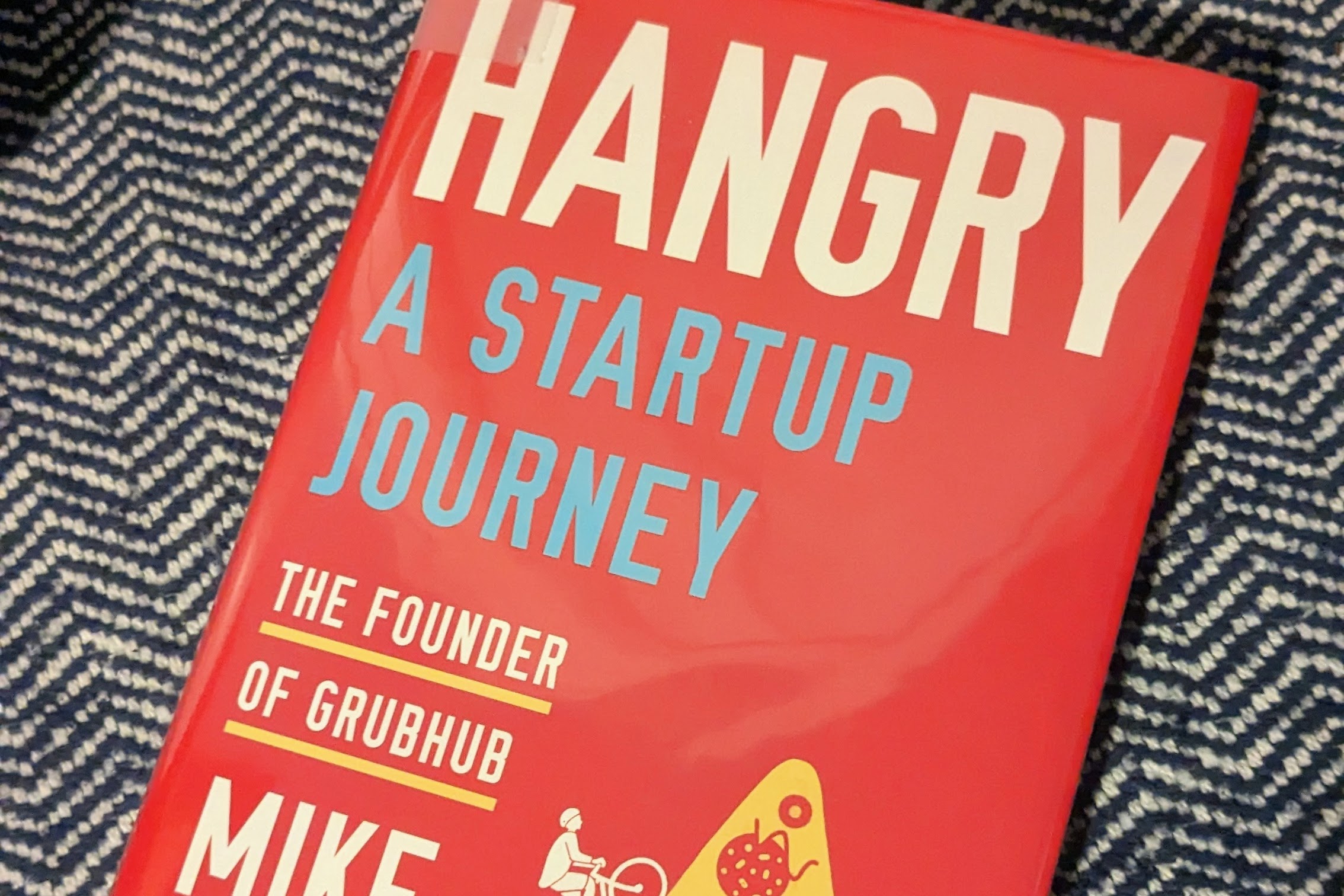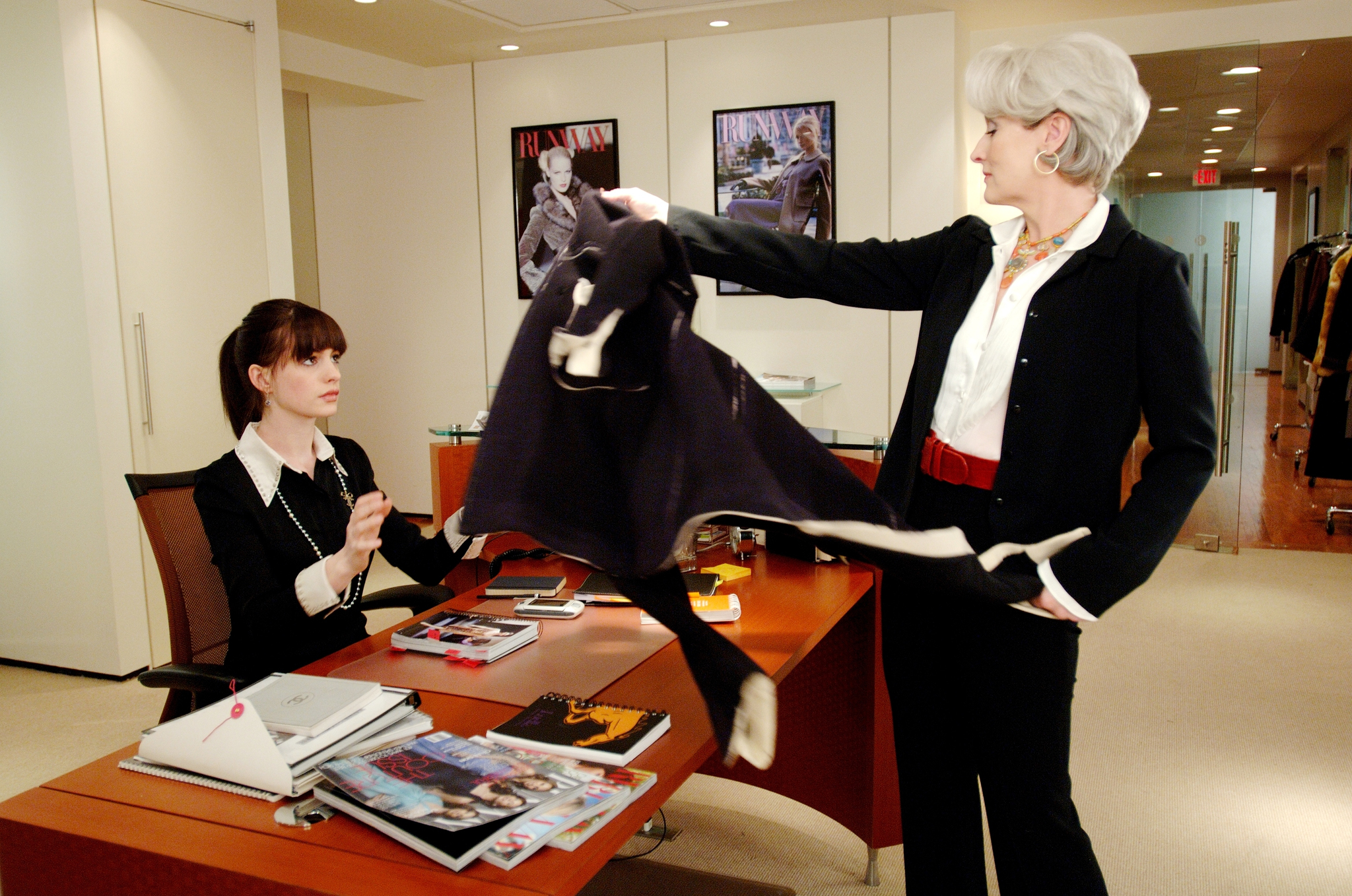Sometimes in life, you need to un-learn things. Shake off bad behaviors that have coiled themselves around you, like protective armor that really just constricts you. It’s something I was reminded of while listening to Chef Amanda Schonberg‘s interview with YouTuber Yolanda Gampp, as part of her Baking for Business podcast.
Gampp’s known for her jaw-dropping, over-the-top cakes—and tutorials, which she shares on her How to Cake It YouTube channel—but it was one quick aside as she discussed the launch of cake decorating projects geared toward kids that really struck a chord with me. She mentioned how, no matter how dramatic or intense her desserts are, kids don’t question whether they can make it. They get excited and they want to dive in right away, and just give it a go.
“Children never, ever, let their fear dominate their curiosity.”
— Yolanda Gampp
“Nothing stops them, whereas adults—even if they’ve wanted to do this their whole life and have been curious—they talk themselves out of it before they even start,” Gampp says. She sums it up quite simply: “Children never, ever, let their fear dominate their curiosity.”
How true is that? I’ve seen it with my daughter, who couldn’t wait to make her own Bingo cupcakes, not caring for a second whether the eyes were just right or if the orange buttercream “fur” was just the right hue. I think it’s half the appeal of the “Fully Conscious Baby” memes, which is surprising not just in the baby’s reaction but in the immediate, no-hesitation enthusiasm to jump into a new adventure.
And yet, as we grow up, we become more cautious, as a fear of failure grips us. Maybe we worry about what other people will think if we fail; maybe we worry we’ll confirm our worst fears about ourselves. It’s the ugly side of perfectionism, as Psychology Today notes, when you’re so consumed by it that your sense of self-worth is tied to doing things flawlessly, and you live a fractured, smaller-than-it-needs-to-be life to avoid ever making a misstep. But inside, you’re miserable.

Lately, I’ve been dreaming up side projects—I’ve been dabbling in candle making for so long, and I have the materials to launch a small collection, but I find myself hesitating. There are already a million candle brands out there; who would care about mine? How dumb will I look to launch yet another little project, when I’ve done so many things like this over the years? (See: the cookbooks, Airbnb, this very site.)
But also, a bigger part of me asks: Who cares? What if I make a bunch of candles and nobody wants them? I want them, so I’ll enjoy them. Things don’t have to be a breakout hit to be fulfilling to me, so why—to put Gampp’s words into perspective—am I letting fear dominate my curiosity?
All of this reminds me of one of my favorite Liz Gilbert stories, where she shares that we don’t need to put so much pressure on ourselves to find and live out one true Life’s Purpose, like it’s some kind of narrow, one-lane road you either go down or are banished to a life of misery and almost-happiness. Maybe the purpose of life is to follow your curiosity, wherever that leads you, seeking fulfillment from the act of exploring, growing, learning.
So, as I go about this week, I challenge you—and myself—to take Gampp’s anecdote and turn it into a mantra. (And yes, I’m going to share it one more time, since a photo and a pull quote aren’t enough.) Never let fear dominate your curiosity.
Photos: Candace Braun Davison















